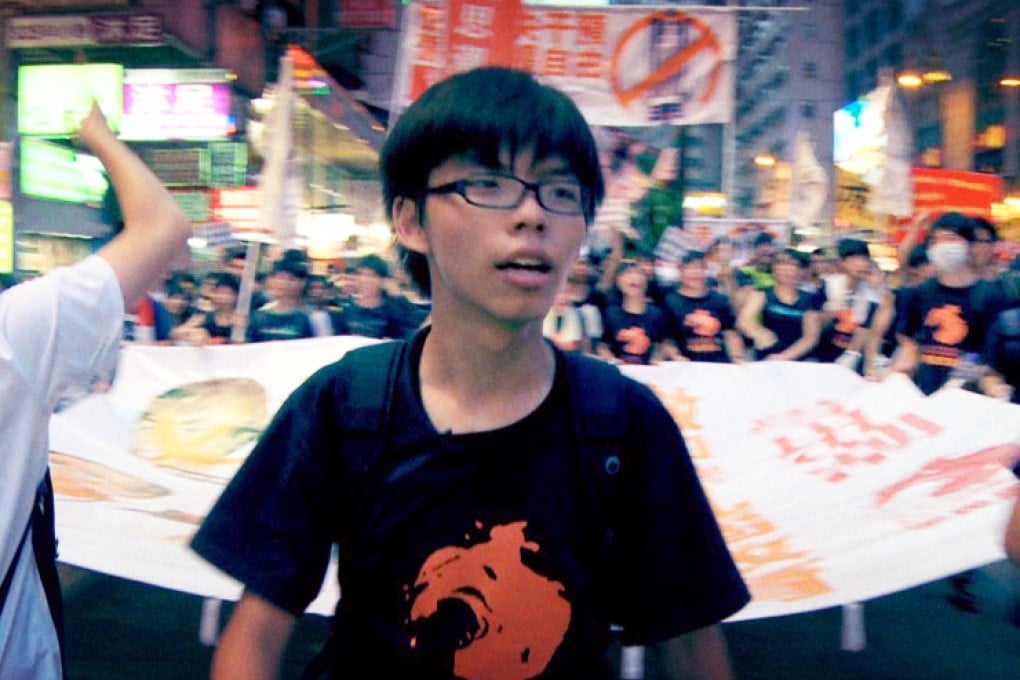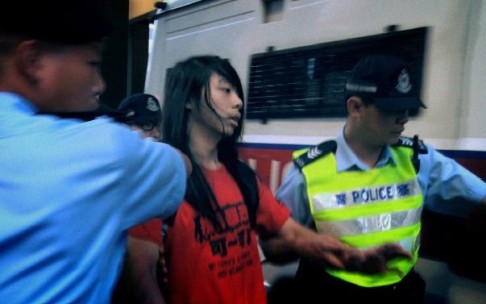As I see it | In political activism, good things come in small packages

They used to live in the same residential complex, attend the same school and ride the same bus every morning. They both grew up in devout Christian families and were taught to take an interest in society.
But 17-year-old Joshua Wong Chi-fung and 20-year-old Ma Wan-ki – better known as Ma Jai – can’t be more different from each other. Joshua is a household name and his spectacled face has appeared on every magazine cover. He is self-assured, media savvy and can slice you up with his words. Ma Jai? Not so much. He gets tongue-tied behind the microphone and fidgety in front of the camera. He is a foot soldier who gets up at the crack of dawn to set up street booths and spends all day handing out flyers for someone else’s election campaign.
The two young men were the subject of a recent documentary by first time British director Matthew Torne. Lessons in Dissent, an official selection at this year’s Hong Kong International Film Festival, centres around the “Moral and National Education” (MNE) controversy in 2012 that drew hundreds of thousands of protestors to the streets. The watershed moment jolted citizens out of their political apathy and taught them that social movements, if properly run, can bring about real policy changes. For if it weren’t for activists like Joshua and Ma Jai, students today would have been sitting in MNE classes and learning how to praise the Communist Party and why they should guard against Western-style democracy.
Boy wonder
Joshua is a pint-sized force of nature to reckon with. He was just 14 when he founded Scholarism to promote civic participation among the youths. In the fateful summer of 2012, the self-described “middle class kid” mobilised scores of like-minded teenagers and staged a nine-day sit-in and hungry strike at the government headquarters demanding MNE be scrapped. It was his charisma and tenacity that captured the imagination of his peers, inspired many more and eventually cowered C. Y. Leung into retracting the curriculum. Since then, the 17-year-old has been using his new-found fame to fight an even bigger cause: universal suffrage. In the recent Occupy Central poll on electoral reform, Scholarism and its ally, the Hong Kong Federation of Students (HKFS), put forward one of the three proposals on the ballot. Over 300,000 citizens (nearly 40% of those who voted) sided with the students in the end. There is little doubt that Joshua has already earned a seat at the table next to heavyweights like Anson Chan, Benny Tai and Emily Lau.

